6 GPTs for Postoperative Care Powered by AI for Free of 2025
AI GPTs for Postoperative Care are advanced artificial intelligence tools designed to assist in the management and support of patients after surgery. These tools leverage Generative Pre-trained Transformers (GPTs) to provide tailored solutions for monitoring patient recovery, offering personalized advice, and answering queries related to postoperative care. Their relevance lies in their ability to process and interpret vast amounts of medical data, thus enabling healthcare professionals and patients to make informed decisions regarding post-surgical care. By harnessing the power of AI, these GPTs offer a new level of precision and personalization in postoperative patient care.
Top 6 GPTs for Postoperative Care are: 🦷 MaxilloMastery AI Surgeon 🤖,Bone Metabolism and Breast Surgery Doctor,💤 Anesthesia Expert Assistant 🩺,Thyroid Cancer,Colorectal Surgery Guide,Smart Materials for Medical Implants
🦷 MaxilloMastery AI Surgeon 🤖
Empowering surgical education with AI.
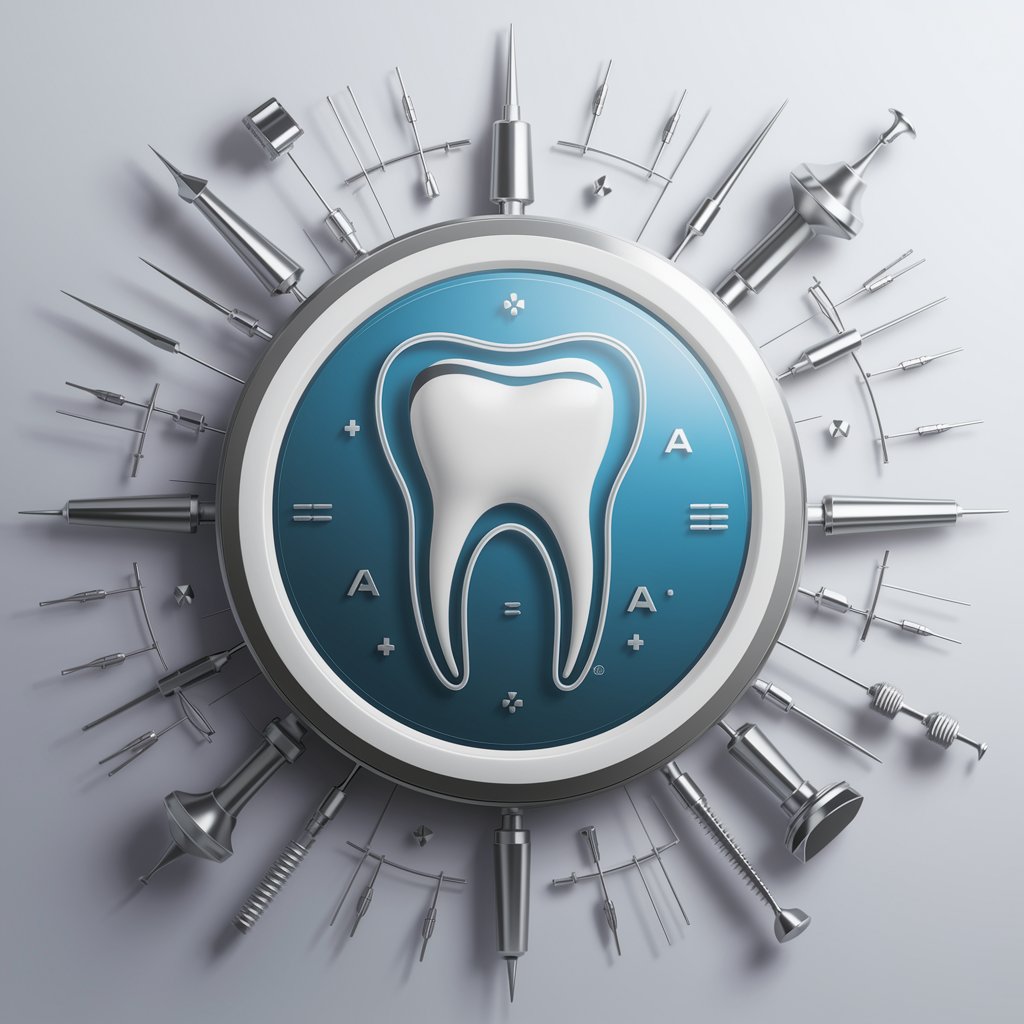
Bone Metabolism and Breast Surgery Doctor
Empowering healthcare with AI-driven expertise in bone and breast surgery.

💤 Anesthesia Expert Assistant 🩺
AI-powered Anesthesia Expertise
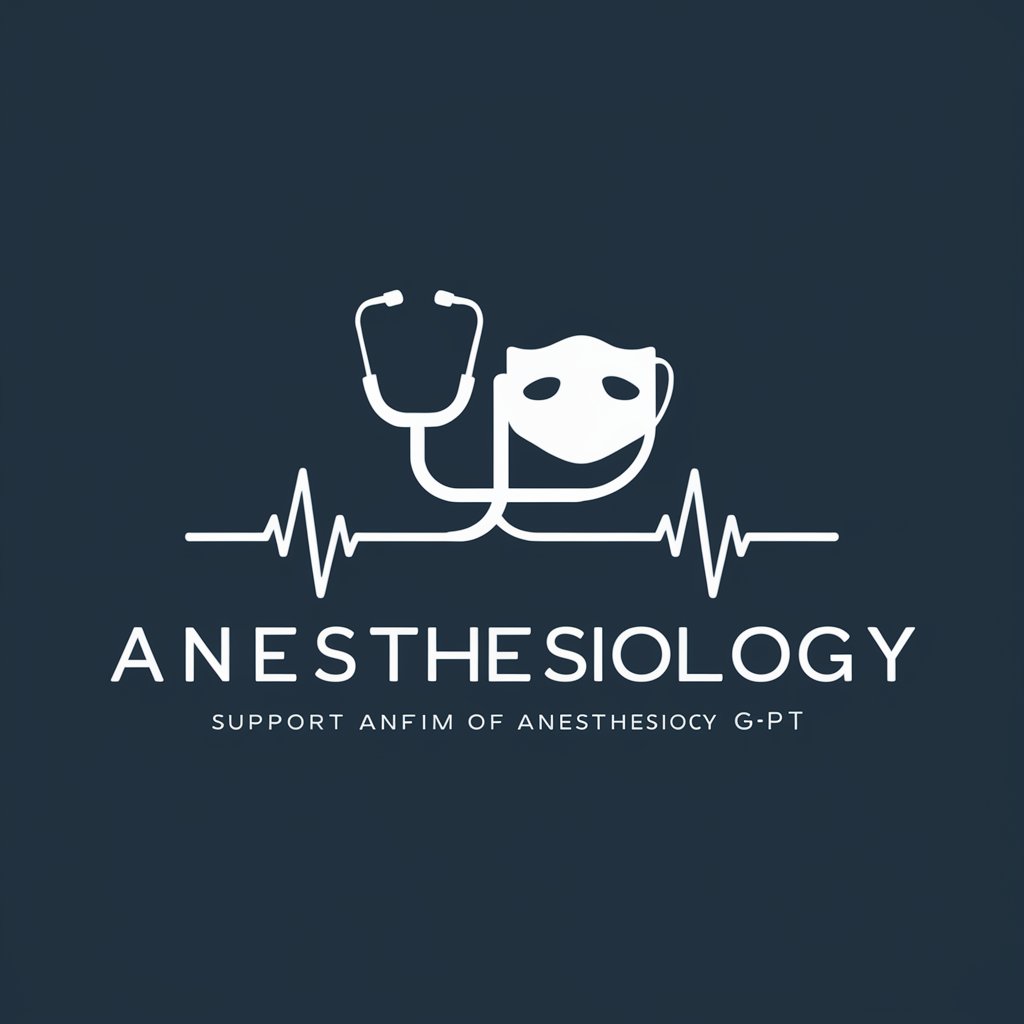
Thyroid Cancer
Empowering Knowledge in Thyroid Health
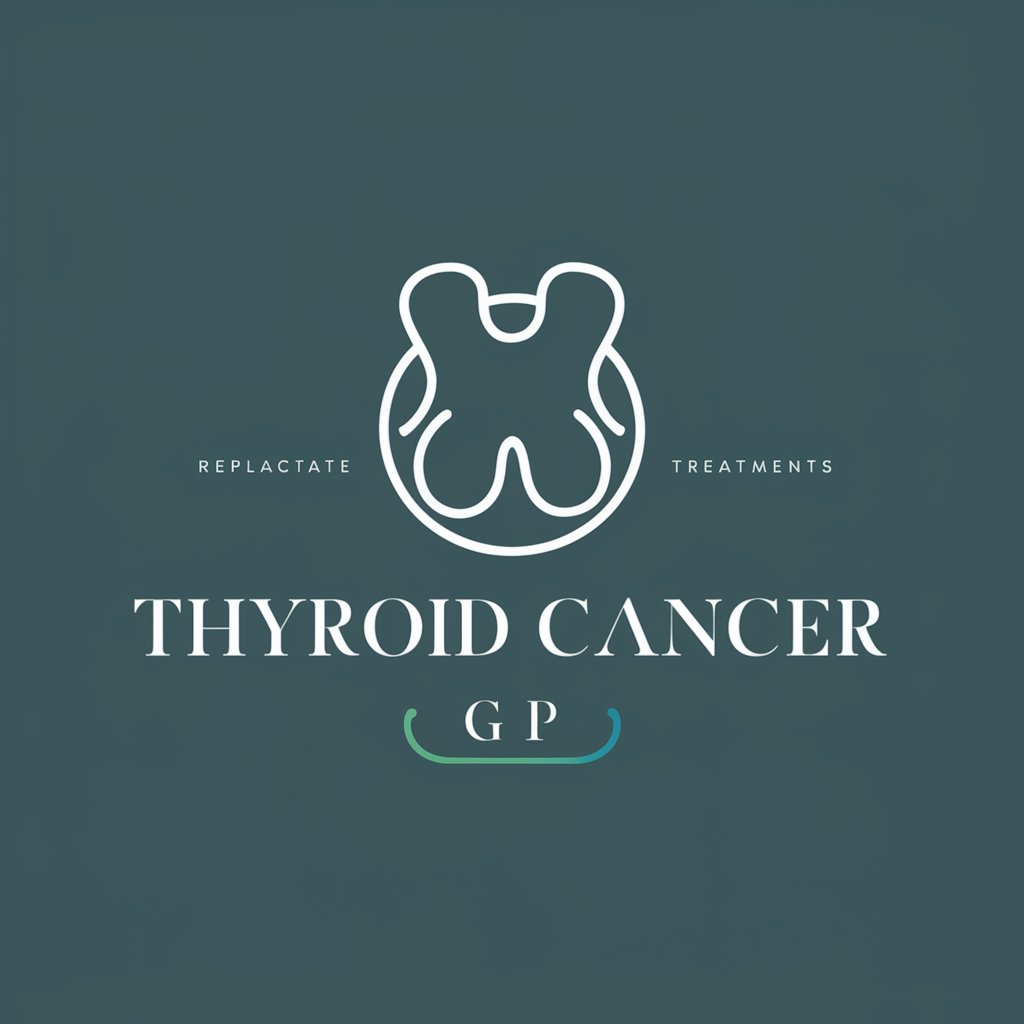
Colorectal Surgery Guide
AI-powered Colorectal Surgery Planning
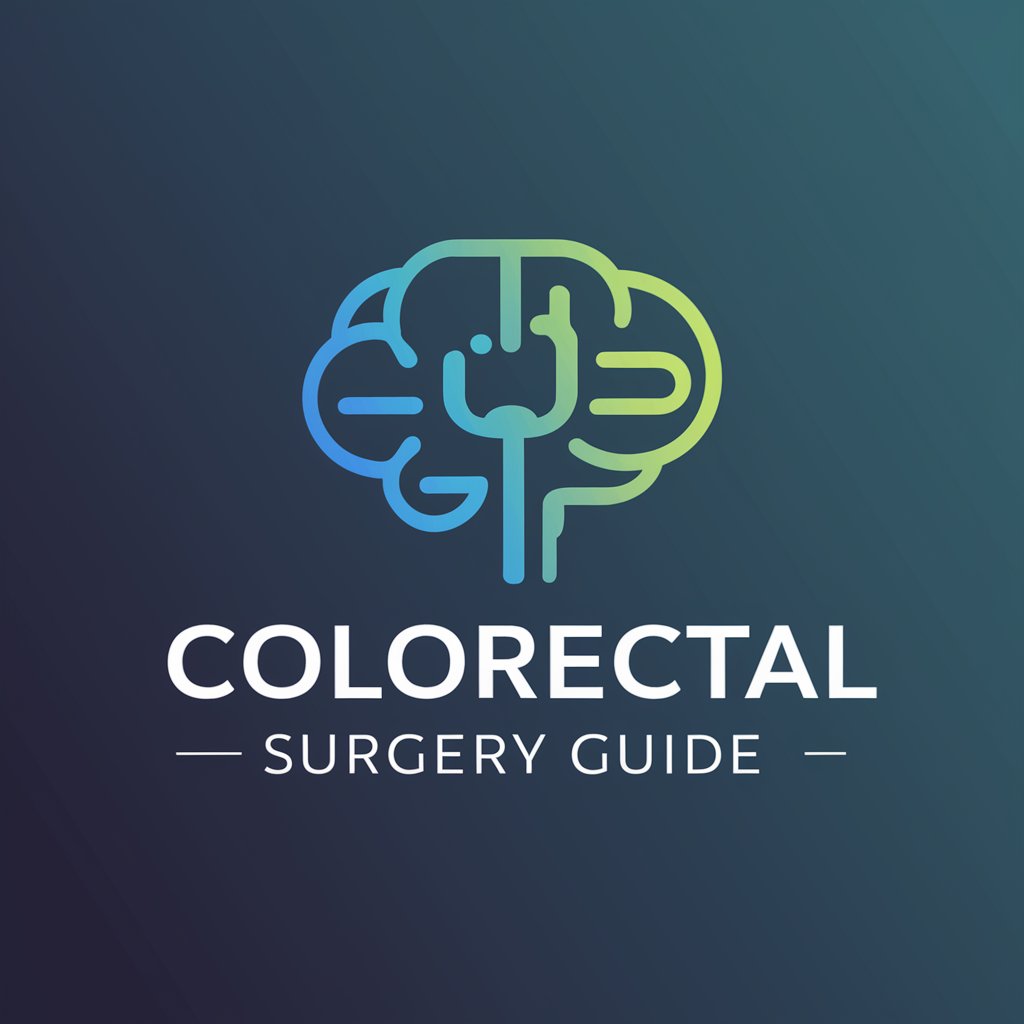
Smart Materials for Medical Implants
Revolutionizing Implants with AI-Powered Materials
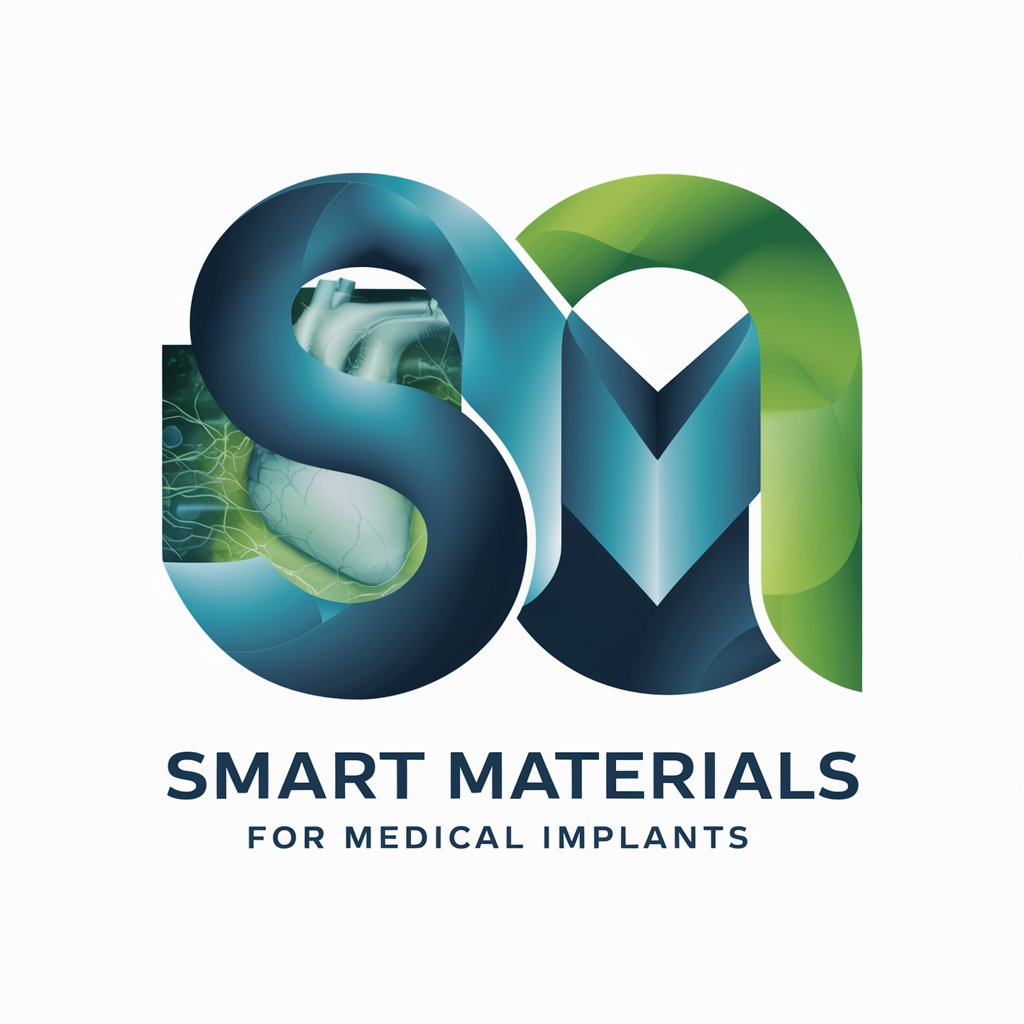
Essential Qualities of AI GPTs in Postoperative Management
AI GPTs for Postoperative Care are characterized by their adaptability, supporting a range of functions from basic information provision to complex decision-making support. Key features include advanced language understanding for patient interaction, technical support capabilities for healthcare professionals, and sophisticated data analysis for personalized care recommendations. Special features may encompass web searching for the latest care guidelines, image creation for educational purposes, and stateful interactions to track patient progress over time. These capabilities ensure a comprehensive support system for postoperative recovery.
Who Benefits from Postoperative AI GPT Tools
The primary beneficiaries of AI GPTs for Postoperative Care include healthcare professionals, patients recovering from surgery, and developers in the medical field. These tools are accessible to individuals without programming skills, offering intuitive interfaces for easy use. For those with coding knowledge, the tools also provide options for deeper customization and integration into existing healthcare systems, making them a versatile asset for improving postoperative care outcomes.
Try Our other AI GPTs tools for Free
Medical Visualization
Discover how AI GPTs for Medical Visualization are transforming healthcare with advanced, user-friendly tools for diagnostics, education, and patient care.
Ayurvedic Principles
Discover AI-powered insights into Ayurveda with our advanced tools, designed to bring ancient wisdom to modern health practices through personalized advice and comprehensive analysis.
Skill Adjustment
Discover AI GPTs for Skill Adjustment: personalized learning tools designed to enhance and adapt your skills for personal and professional growth.
Wildlife Encounters
Discover how AI GPTs revolutionize wildlife encounters, offering insights, educational content, and support for conservation with user-friendly tools tailored for everyone from novices to professionals.
Innovation Advice
Discover AI-driven innovation with GPTs: Tailored advice, idea generation, and strategic insights for entrepreneurs and innovators.
Aquascaping Design
Discover how AI GPTs tools revolutionize Aquascaping Design, offering tailored design suggestions, technical advice, and innovative solutions for enthusiasts and professionals alike.
Expanding Horizons with AI in Postoperative Recovery
AI GPTs are revolutionizing postoperative care by providing dynamic, personalized solutions that adapt to the evolving needs of patients and healthcare systems. Their integration facilitates more efficient care processes, better patient outcomes, and a reduction in workload for healthcare providers. User-friendly interfaces and compatibility with existing workflows make these tools not only innovative but also practical for immediate implementation in postoperative care settings.
Frequently Asked Questions
What exactly are AI GPTs for Postoperative Care?
AI GPTs for Postoperative Care are specialized AI tools designed to assist in the recovery process of patients following surgery, leveraging natural language processing and machine learning to provide personalized support and information.
How do these AI tools support patients after surgery?
They offer tailored advice, answer queries, monitor recovery progress, and can even alert healthcare professionals to potential issues, significantly enhancing post-surgical care.
Can these tools be integrated with existing hospital systems?
Yes, with the appropriate customization, AI GPTs can be integrated into existing hospital systems to streamline workflows and enhance patient care.
Are there any privacy concerns with using AI GPTs in healthcare?
While AI GPTs can greatly benefit postoperative care, it's crucial to ensure they comply with healthcare privacy laws and regulations to protect patient data.
Do I need programming skills to use AI GPTs for Postoperative Care?
No, these tools are designed to be user-friendly for both healthcare professionals and patients, with interfaces that require no programming skills.
How do these tools personalize postoperative care?
AI GPTs analyze patient data and recovery progress to provide customized advice and support, tailored to each individual's specific needs and conditions.
Can AI GPTs communicate with patients in multiple languages?
Yes, one of the core capabilities of AI GPTs is their ability to understand and communicate in multiple languages, making them accessible to a wider range of patients.
What future developments can we expect in AI GPTs for Postoperative Care?
Future developments may include more advanced predictive analytics for recovery outcomes, deeper integration with medical devices for real-time monitoring, and enhanced personalization through machine learning.